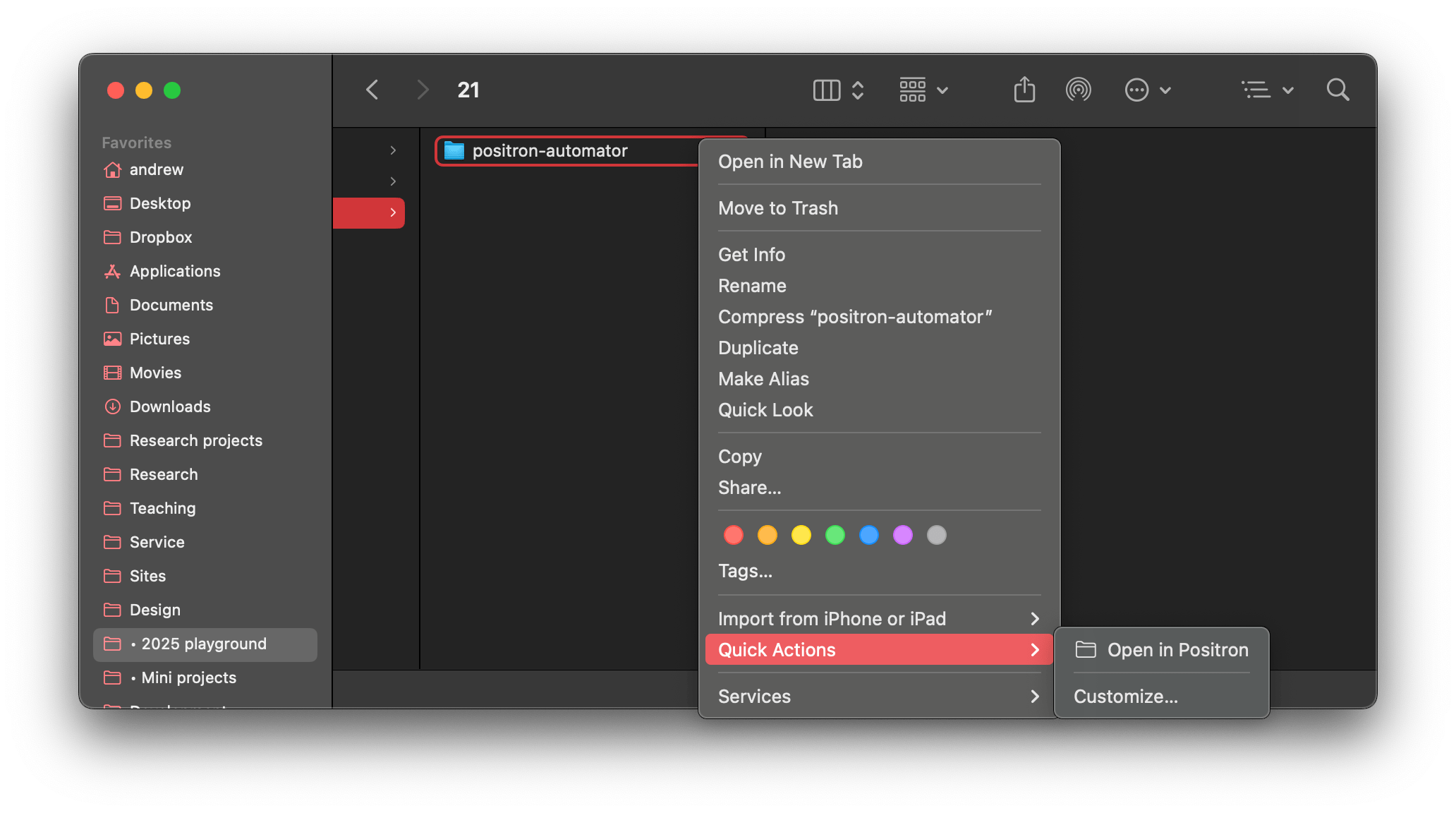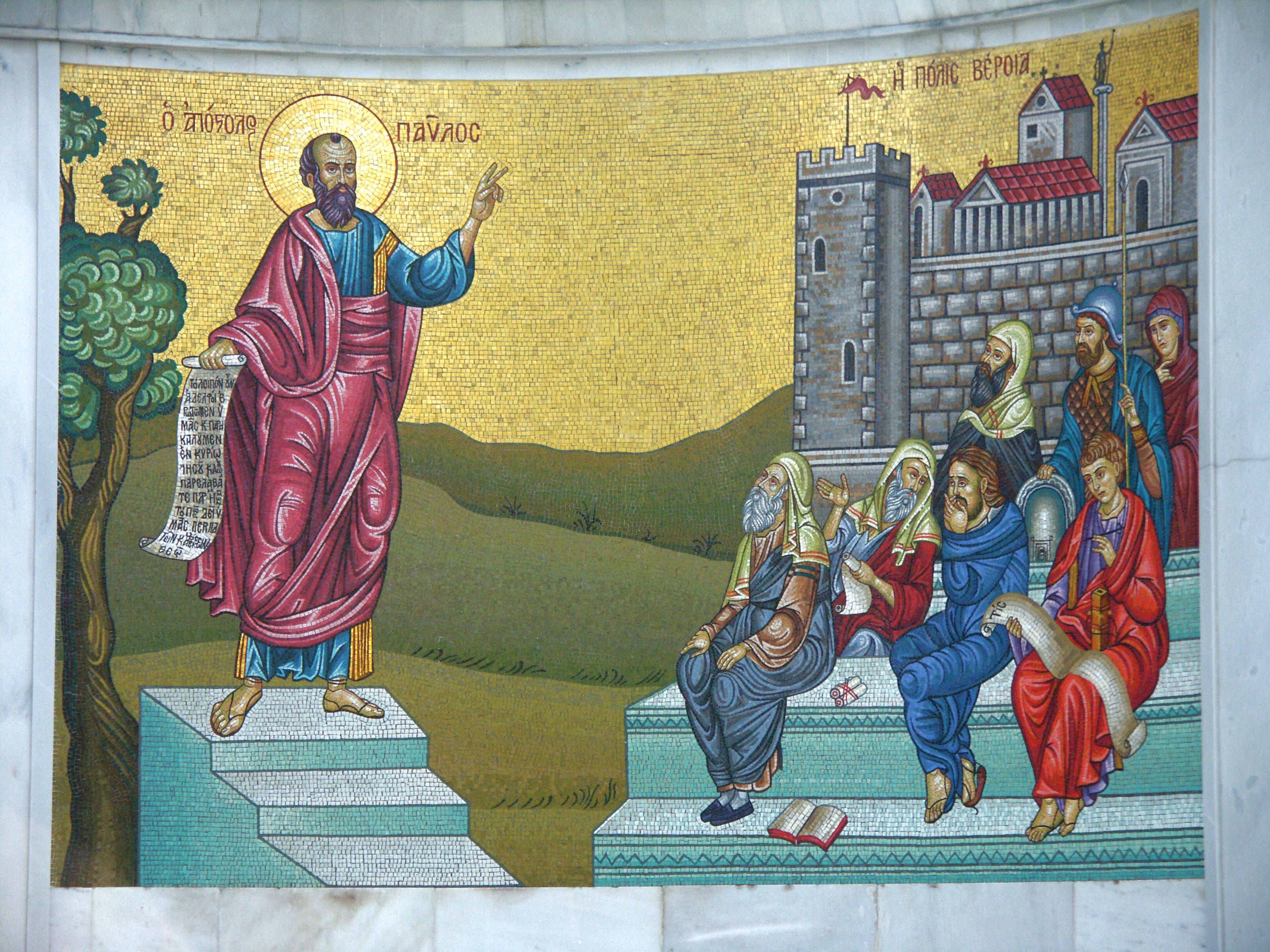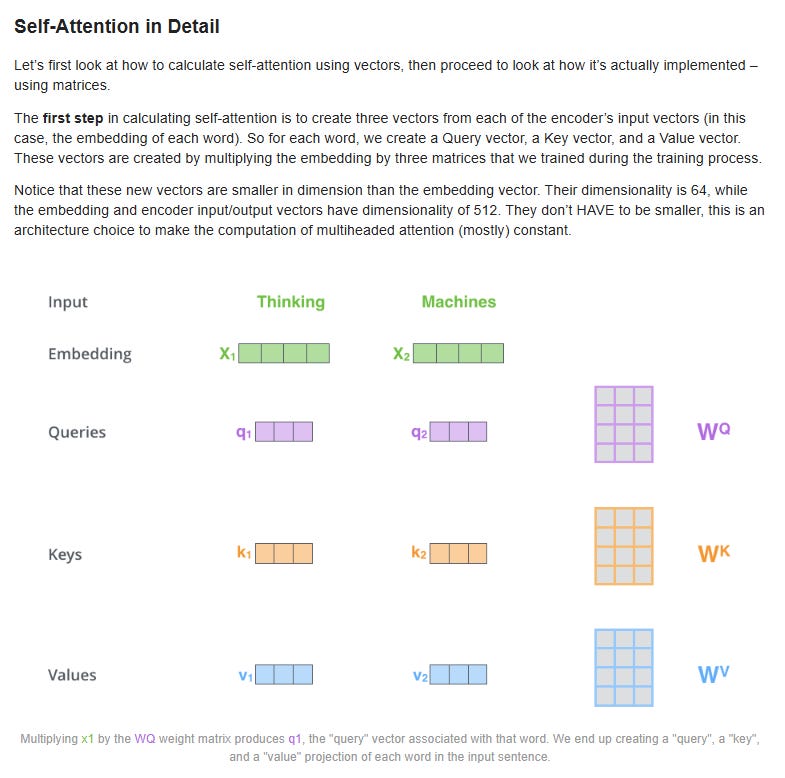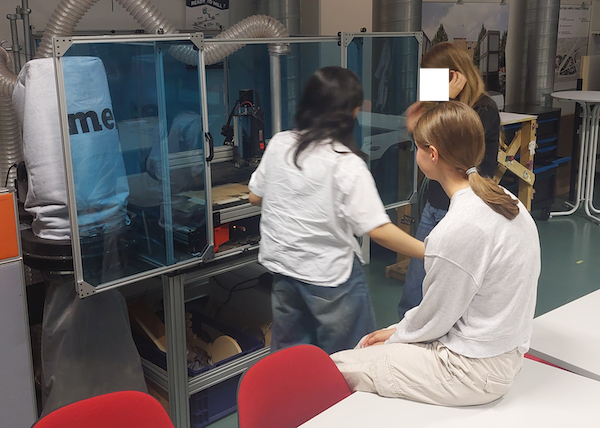In the previous post I followed up on an article published on the theme “Physical Organic Chemistry: Never Out of Style“. Paul Rablen presented the case that the amount of o (ortho) product in electrophilic substitution of a phenyl ring bearing an EWG (electron withdrawing group) is often large enough to merit changing the long […]
Postagens de Rogue Scholar

tl;dr Download and unzip this: “Open in Positron” Quick Action Put Open in Positron.workflow in ~/Library/Services. Now you can right click on folders in Finder, go to Quick Actions, and select “Open in Positron” to open folders as projects in Positron. One thing I’m still adjusting to in Positron is how it treats projects and folders.
By Kim Hartley & Michelle Barker Research software and the people who support it have emerged over the past decade from behind the scenes to become a recognised cornerstone of open science. Research software is now commonly recognised as central to the global research ecosystem, on par with data, publications, and hardware.

Wissenschaftliche Blogs haben sich als wichtige Plattformen etabliert, um Forschungsergebnisse und -diskurse sowohl innerhalb von Fachcommunities als auch gegenüber der breiten Öffentlichkeit zugänglich zu machen. Angesichts der sich wandelnden Social-Media-Landschaft gewinnt die Rolle nicht-kommerzieller Infrastrukturen wie Blogs oder das Fediverse an Bedeutung.

( This post is copied from some notes I gave to our summer interns at Rowan almost without modification. Hopefully people outside Rowan find this useful too!) This is a brief and opinionated guide on how to give a research talk to an external audience. Some initial points of clarification—this guide is for a research talk, not a sales call or a VC pitch. Research talks have their own culture and norms;
por Tatiana Pérez Ramírez Sobre: León Garduño, Angela. Para contener los males de la pobreza: la conformación del sistema de beneficencia durante el Segundo Imperio Mexicano. México: Instituto Nacional de Estudios Históricos de la Revolución Mexicana/ Instituto de Investigaciones Dr. José María Luis Mora, 2024.

Though my blog focuses on academic discovery and retrieval, these days you can’t really understand those topics without grappling with concepts like Transformer models, agents, and reasoning.
Kate Lapage introduces a self-study module on responsible research metrics created by the bibliometrics team at the University of Southampton.
Das Open Research Office Berlin (OROB), angesiedelt an der Universitätsbibliothek der Freien Universität, hat für insgesamt fünf Monate eine Vollzeitstelle im BMFTR-geförderten Projekt open-access.network zu besetzen. Teilzeit ist prinzipiell möglich. Das Projekt ist u.a. am OROB angesiedelt. Die Ausschreibung ist seit heute auf den Seiten der FU Berlin online.

On July the 17th 2025, Julien ran a MINToring workshop in the Making Lab. Young FLINTA students (15-17 years old) were invited in the Making Lab (which is situated inside the TU/UdK library) as part of the MINToring Program of the FU Berlin. We met Dr. Mouawad while being on the FU campus with the Mobile lab. Since we are a BUA project, we could easily collaborate with this initiative from the FU Berlin.

By the end of July 2025, we are expecting delivery of a compute server/workstation capable of running large language models (LLMs) efficiently. This machine will allow for local LLM deployment to support development and use of artificial intelligence workflows in-house. This is part of Oxford IHTM’s efforts to support its current students and its alumni in learning and applying modern tools for global health projects.